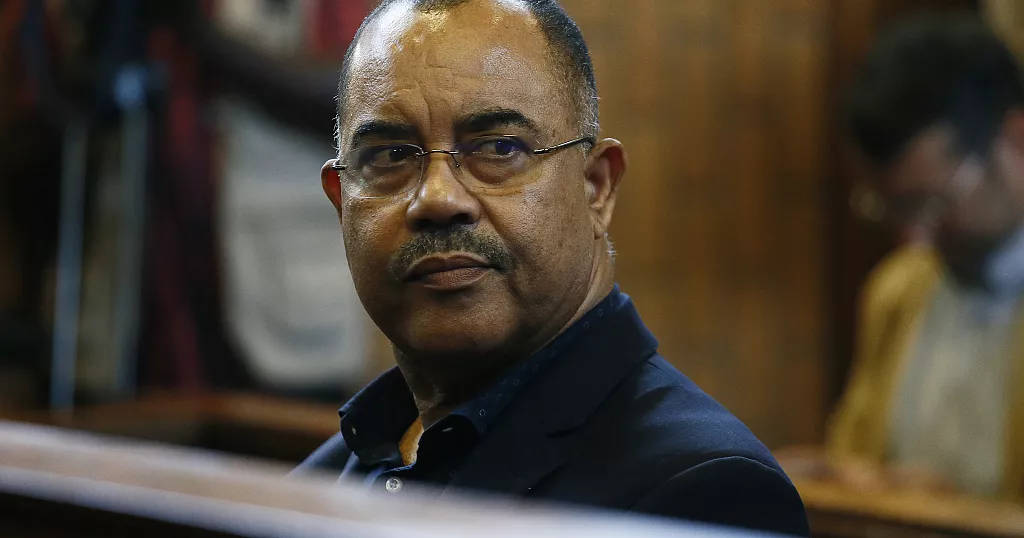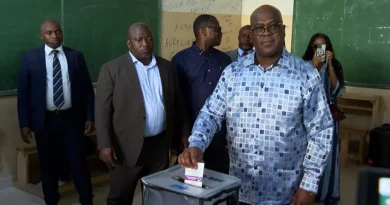Former Mozambique Finance Minister on Trial in US for “Tuna Bond” Scandal
Manuel Chang, Mozambique’s finance minister from 2005 to 2015, has gone on trial in the US over the notorious “tuna bond” scandal that came to light in 2016.
Chang faces charges of bribery, fraud, and money laundering for allegedly accepting bribes to commit Mozambique to massive secret loans, which prosecutors claim were then looted.
The loans, ostensibly for purchasing tuna fishing ships, instead plunged Mozambique into financial crisis when $2 billion in hidden debt was revealed. Prosecutors allege significant portions of these loans funded bribes and kickbacks, with $7 million going to Chang himself.
“Chang abused his authority to enrich himself through bribery, fraud, and money laundering,” stated Assistant U.S. Attorney Peter Cooch during opening statements in federal court in Brooklyn.
Chang has pleaded not guilty, with his defense lawyer Adam Ford arguing there’s no evidence Chang accepted bribes or benefitted financially from guaranteeing the loans, asserting he acted under government orders.
The scandal severely impacted Mozambique’s economy, causing growth stagnation, currency devaluation, and inflation spikes. The IMF withdrew support, and Mozambique’s GDP per capita plummeted.
The government has since made efforts to manage the debt, including paying $142 million to Credit Suisse and reaching settlements with VTB Bank and BCP Bank.
Court actions span Africa, Europe, and the US. In Mozambique, several people, including the former president’s son, have been convicted. U.S. trials have yielded mixed results, with some guilty pleas and acquittals.
Chang, arrested in South Africa in 2018, was extradited to the US last year despite attempts to dismiss the case.
This high-profile trial continues to unfold, with global attention on its implications for international financial governance and accountability.
Source: Africanews



